Home>Technology>Smart Home Devices>Which Is Better: HP Or Epson Printer
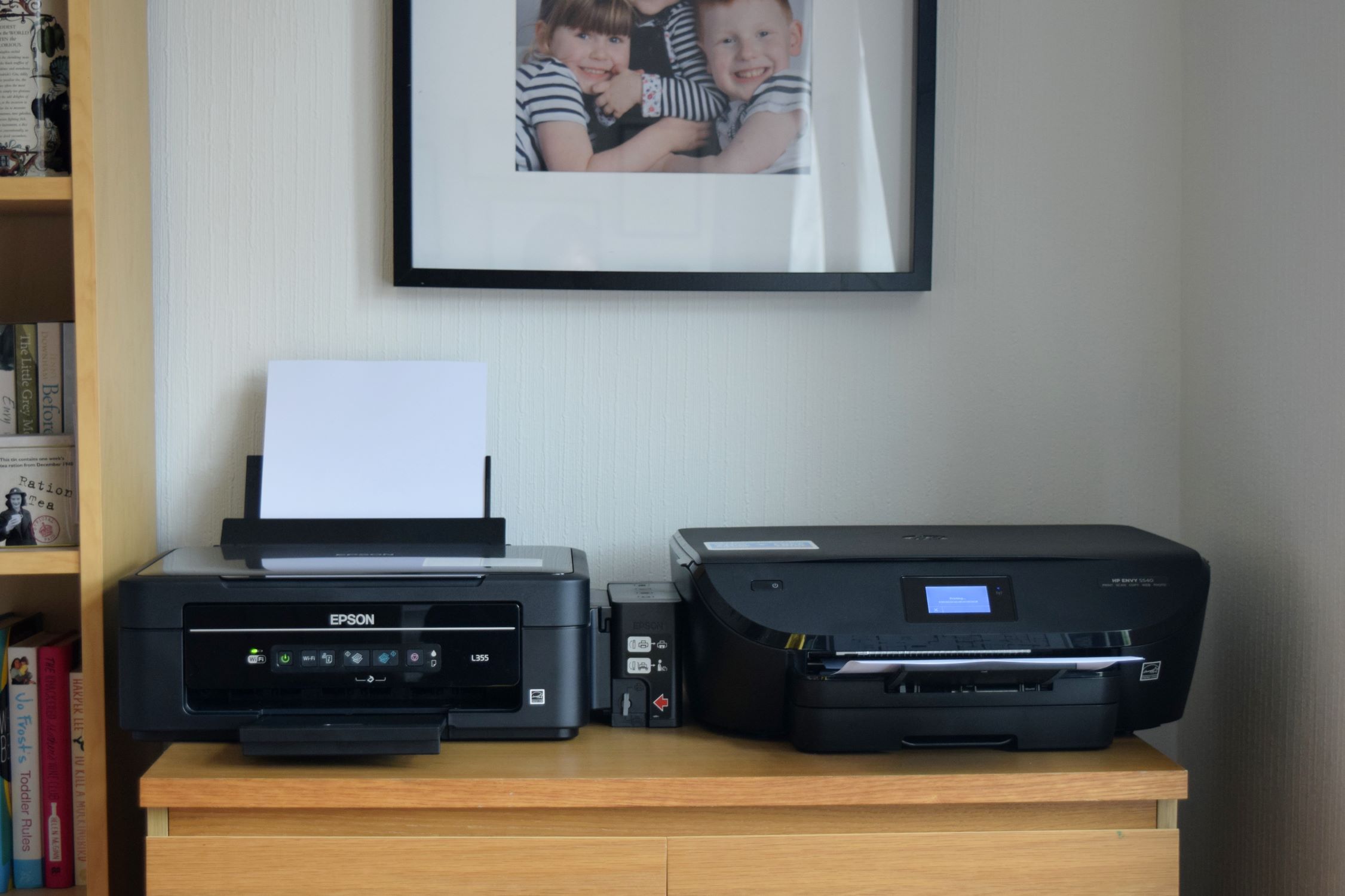

Smart Home Devices
Which Is Better: HP Or Epson Printer
Modified: February 18, 2024
Looking for the best printer for your smart home devices? Compare HP and Epson printers to find the perfect fit for your needs. Discover the pros and cons of each brand.
(Many of the links in this article redirect to a specific reviewed product. Your purchase of these products through affiliate links helps to generate commission for Storables.com, at no extra cost. Learn more)
Introduction
When it comes to choosing a printer, selecting the right brand and model is crucial for ensuring quality prints and a seamless printing experience. Two renowned names in the printer industry are HP and Epson, each offering a wide range of printers designed to meet various printing needs. In this comprehensive guide, we will delve into the key factors to consider when deciding between an HP and Epson printer. By examining print quality, printing speed, cost of ink, reliability and durability, as well as additional features, we aim to provide valuable insights to help you make an informed decision.
Whether you’re a student, a professional, or a small business owner, the printer you choose can significantly impact your daily tasks and overall productivity. Understanding the nuances between HP and Epson printers can empower you to make the right choice based on your specific printing requirements, budget, and long-term expectations. Let’s explore the strengths and differences of these two leading printer brands to determine which one is better suited for your needs.
Key Takeaways:
- HP excels in sharp text and vibrant graphics, ideal for everyday printing and graphic tasks. Epson shines in exceptional photo printing, perfect for high-quality image reproduction.
- HP offers rapid and consistent printing, great for busy offices. Epson balances speed and precision, delivering quality prints efficiently.
Read more: Which Printer Is Better: Canon Or HP
Print Quality
Print quality is a paramount consideration when evaluating printers, as it directly impacts the clarity and precision of the printed materials. Both HP and Epson have established a reputation for delivering high-quality prints, but there are discernible differences in their approaches.
HP Printers: HP printers are renowned for producing sharp text and vibrant graphics. The incorporation of advanced technologies such as HP’s ColorLok and HP PhotoREt contributes to the exceptional print quality. Whether you’re printing documents, presentations, or photographs, HP printers consistently deliver impressive results with accurate color reproduction and crisp details.
Epson Printers: Epson printers are celebrated for their prowess in producing stunning photo prints. With the utilization of PrecisionCore printhead technology and Epson’s renowned DURABrite Ultra ink, these printers excel in rendering images with remarkable clarity, depth, and color accuracy. Moreover, Epson’s MicroPiezo inkjet technology ensures precise droplet placement, resulting in smooth gradations and lifelike images.
Ultimately, the print quality of HP and Epson printers is exceptional, with each brand exhibiting strengths in specific areas. HP excels in producing sharp text and vibrant graphics, making it an ideal choice for everyday document printing and graphic-intensive tasks. On the other hand, Epson’s expertise lies in delivering superior photo prints, making it a preferred option for photography enthusiasts, creative professionals, and businesses that prioritize visually striking outputs.
Printing Speed
Printing speed is a crucial factor to consider, especially in environments where time efficiency is paramount. Both HP and Epson offer printers with varying printing speeds to accommodate different user requirements.
HP Printers: HP printers are recognized for their impressive printing speeds across different models. Whether it’s a monochrome document or a color graphic, HP printers demonstrate consistent speed and efficiency. The integration of technologies such as HP’s PageWide and LaserJet ensures swift printing without compromising quality. This makes HP printers well-suited for high-volume printing tasks in busy office settings.
Epson Printers: Epson printers also offer competitive printing speeds, particularly in the context of photo printing. While Epson’s PrecisionCore printhead technology enhances the speed and accuracy of ink deposition, it’s important to note that the emphasis on photo print quality may slightly impact the overall printing speed. For standard document printing, Epson printers deliver commendable speeds, albeit with a focus on maintaining exceptional print quality.
When comparing printing speeds between HP and Epson printers, it’s evident that both brands prioritize efficient performance. HP printers excel in delivering rapid and consistent printing across various document types, making them an ideal choice for fast-paced work environments. On the other hand, Epson printers strike a balance between speed and precision, catering to users who require high-quality prints without compromising on efficiency.
Cost of Ink
Understanding the cost of ink is a crucial aspect of printer ownership, as it directly impacts the long-term expenses associated with printing. Both HP and Epson offer a range of ink solutions tailored to different printing needs, and evaluating the cost of ink for each brand is essential for making an informed decision.
HP Ink: HP provides a variety of ink cartridge options, including standard and high-yield cartridges, as well as HP Instant Ink subscription services. While the initial cost of HP ink cartridges may vary, the overall cost per page is competitive, especially with the availability of high-yield cartridges that offer a lower cost per page. Additionally, HP Instant Ink plans provide a convenient and cost-effective way to manage ink supplies, offering potential savings for users with varying printing demands.
Epson Ink: Epson offers a diverse range of ink solutions, including standard, XL, and EcoTank ink cartridges. The EcoTank series, in particular, is designed to minimize ink costs by utilizing refillable ink tanks, reducing the need for frequent cartridge replacements. This innovative approach can result in significant long-term savings, particularly for users with high-volume printing requirements. While the initial investment in EcoTank printers may be higher, the cost-efficient ink replenishment system presents a compelling value proposition for budget-conscious consumers.
When comparing the cost of ink between HP and Epson, it’s evident that both brands offer cost-effective solutions tailored to different usage patterns. HP’s emphasis on high-yield cartridges and subscription-based ink services provides flexibility and potential savings for users with diverse printing needs. On the other hand, Epson’s EcoTank printers offer a sustainable and economical approach to ink replenishment, making them an attractive option for users seeking long-term cost efficiency.
When comparing HP and Epson printers, consider factors such as print quality, speed, and cost of ink cartridges. HP printers are known for their reliability and high-quality prints, while Epson printers are popular for their cost-effective ink systems and vibrant color prints. Consider your specific printing needs and budget before making a decision.
Reliability and Durability
Reliability and durability are crucial considerations when investing in a printer, as these factors directly impact the overall user experience and long-term performance. Both HP and Epson have established a reputation for producing reliable and durable printers, each with distinct features and engineering that contribute to their resilience.
HP Printers: HP printers are known for their robust build quality and dependable performance. Whether it’s a compact home printer or a heavy-duty office workhorse, HP printers are engineered to withstand regular use and deliver consistent results. The reliability of HP printers is further reinforced by the brand’s commitment to rigorous testing and quality assurance, ensuring that users can rely on their printers for seamless operation across various printing tasks.
Epson Printers: Epson printers are also celebrated for their reliability and durability, with a focus on delivering consistent performance even under demanding printing scenarios. The precision engineering of Epson printers, coupled with the brand’s dedication to innovation and quality, results in printers that are built to last. Whether it’s the EcoTank series or the WorkForce lineup, Epson printers are designed to provide reliable printing solutions for diverse user requirements.
When evaluating the reliability and durability of HP and Epson printers, it’s evident that both brands prioritize longevity and performance consistency. HP printers are revered for their robust construction and dependable operation, making them an ideal choice for users seeking durable printing solutions. Similarly, Epson printers are engineered to deliver enduring performance, catering to users who prioritize reliability and long-term functionality in their printing devices.
Read more: Which Epson Printer Can Be Converted To DTF
Additional Features
When comparing HP and Epson printers, it’s essential to consider the additional features and functionalities that enhance the overall user experience and productivity. Both brands offer a diverse array of features that cater to different user preferences and printing requirements.
HP Printers: HP printers are equipped with a range of innovative features designed to streamline printing tasks and optimize user convenience. From wireless connectivity options such as HP ePrint and Apple AirPrint to intuitive touchscreen interfaces and mobile printing capabilities, HP printers are engineered to offer seamless integration with modern digital workflows. Additionally, HP’s Smart Tasks functionality empowers users to automate repetitive tasks, while security features such as HP JetAdvantage and secure boot help safeguard sensitive data and documents.
Epson Printers: Epson printers boast a host of advanced features aimed at enhancing printing efficiency and versatility. The integration of PrecisionCore printhead technology ensures precise and consistent prints, while wireless and cloud printing capabilities enable seamless connectivity across various devices and platforms. Epson’s EcoTank printers stand out for their high-capacity, refillable ink tanks, which contribute to cost savings and reduced environmental impact. Furthermore, creative professionals and photography enthusiasts benefit from Epson’s wide-format printers, which enable the production of large-format prints with exceptional detail and color accuracy.
When assessing the additional features of HP and Epson printers, it’s evident that both brands prioritize user-centric functionalities and technological innovations. HP printers excel in offering intuitive connectivity options, productivity-enhancing tools, and robust security features, catering to users who value seamless integration and data protection. Similarly, Epson printers deliver a compelling suite of features, including high-capacity ink systems, wide-format printing capabilities, and wireless connectivity, empowering users to achieve outstanding results while optimizing operational efficiency.
Conclusion
Choosing between an HP and Epson printer necessitates a thoughtful consideration of various factors, each of which plays a pivotal role in determining the most suitable option based on individual preferences and printing requirements.
Print quality is a standout feature of both HP and Epson printers, with each brand demonstrating expertise in specific areas. HP printers excel in producing sharp text and vibrant graphics, making them an ideal choice for everyday document printing and graphic-intensive tasks. Conversely, Epson printers are renowned for their exceptional photo printing capabilities, catering to users who prioritize high-quality image reproduction.
When it comes to printing speed, both HP and Epson offer efficient solutions tailored to diverse user needs. HP printers are synonymous with rapid and consistent printing, making them well-suited for high-volume printing tasks in busy office settings. Epson printers strike a balance between speed and precision, delivering commendable speeds while maintaining exceptional print quality.
The cost of ink is a significant consideration for long-term affordability, and both HP and Epson present compelling options. HP’s high-yield cartridges and subscription-based ink services offer flexibility and potential savings, while Epson’s EcoTank printers provide a cost-efficient approach to ink replenishment, particularly for users with high-volume printing requirements.
Reliability and durability are inherent qualities of both HP and Epson printers, with each brand engineering printers that are built to withstand regular use and deliver consistent performance. Additionally, the additional features offered by both brands contribute to enhancing the overall user experience, with HP and Epson printers integrating advanced functionalities to optimize productivity and connectivity.
In conclusion, the choice between an HP and Epson printer hinges on individual priorities, whether it’s exceptional print quality, efficient printing speed, long-term cost efficiency, reliability, or advanced features. By carefully evaluating these factors in alignment with your specific printing needs, you can make an informed decision that aligns with your preferences and enhances your printing experience.
Frequently Asked Questions about Which Is Better: HP Or Epson Printer
Was this page helpful?
At Storables.com, we guarantee accurate and reliable information. Our content, validated by Expert Board Contributors, is crafted following stringent Editorial Policies. We're committed to providing you with well-researched, expert-backed insights for all your informational needs.
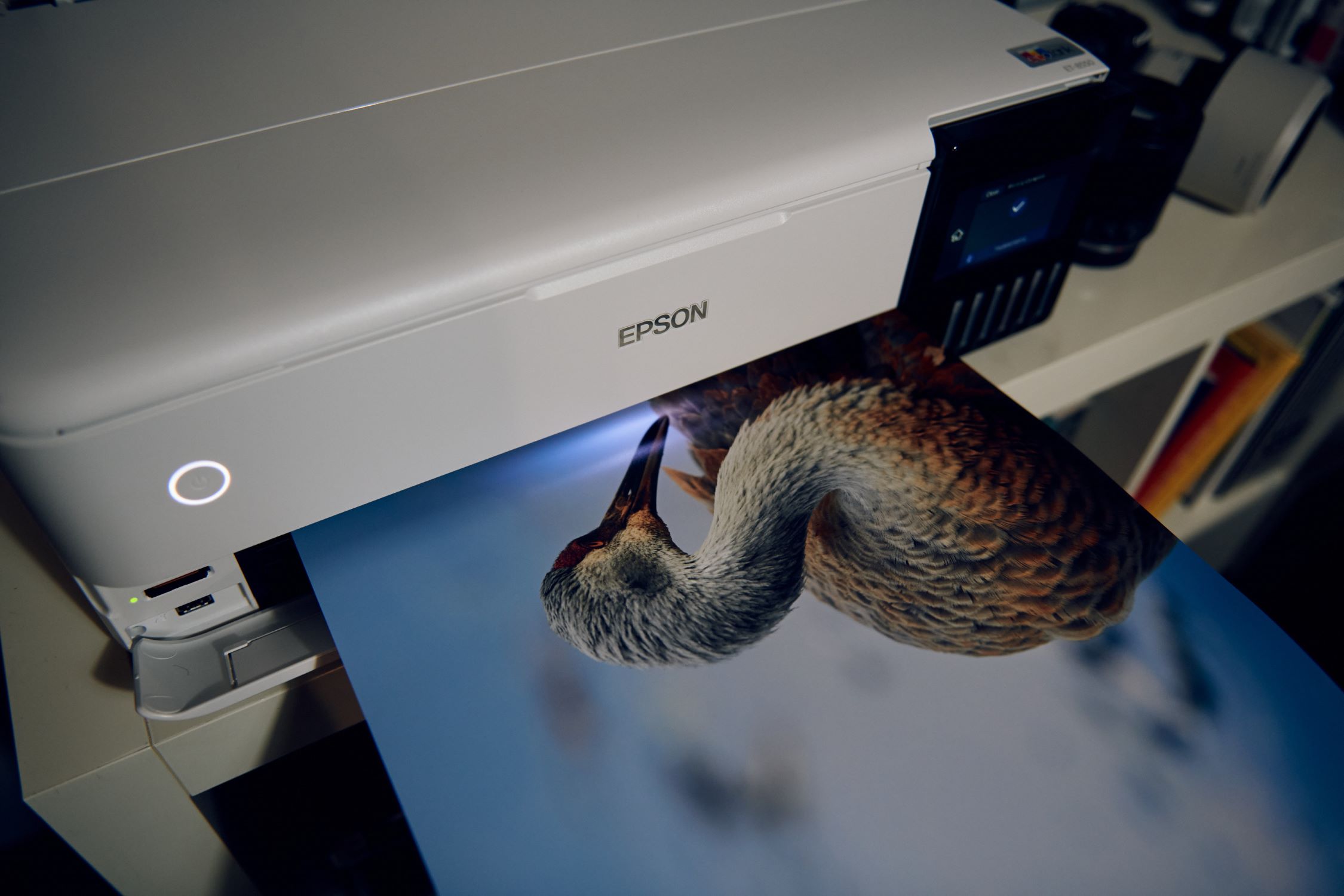
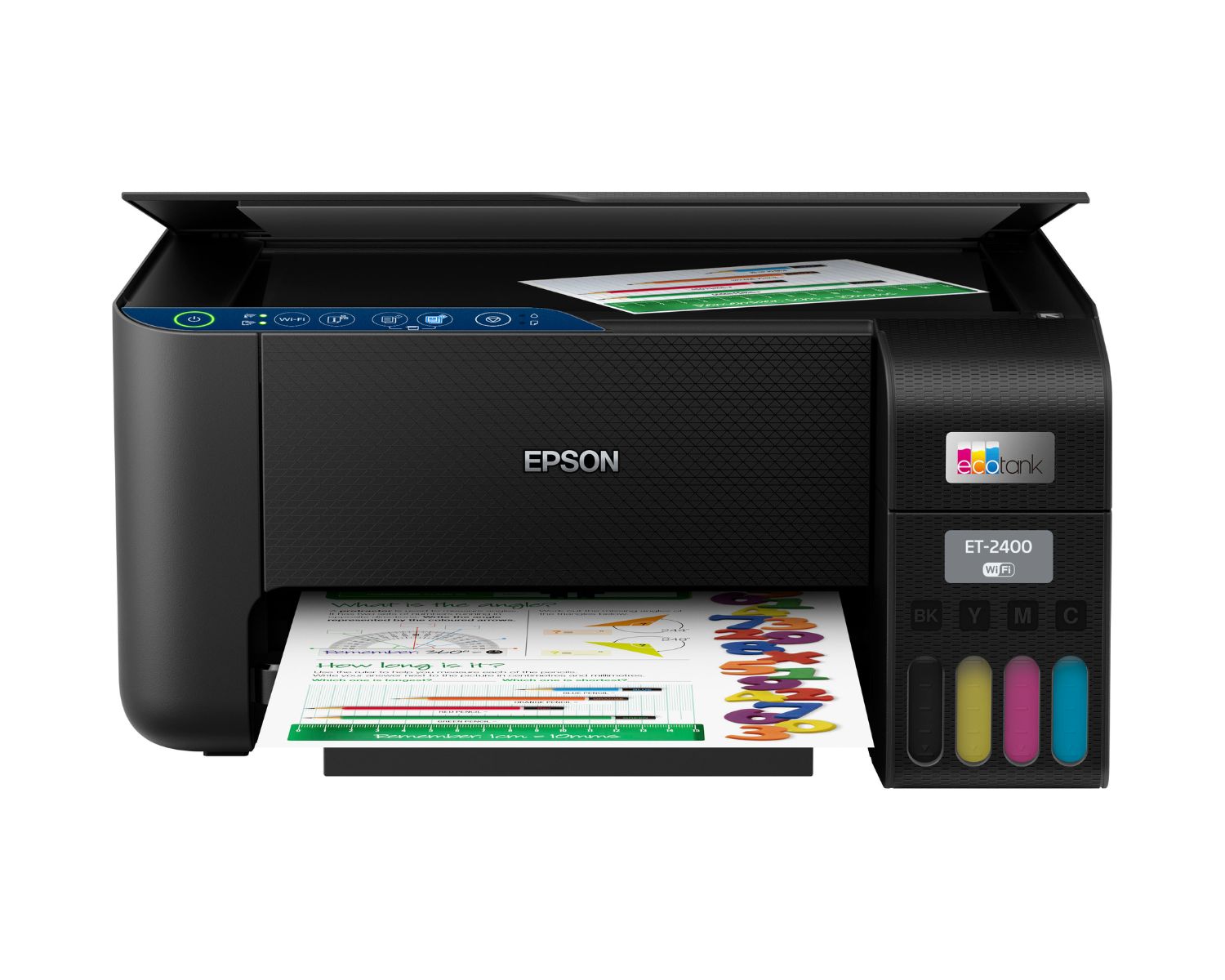
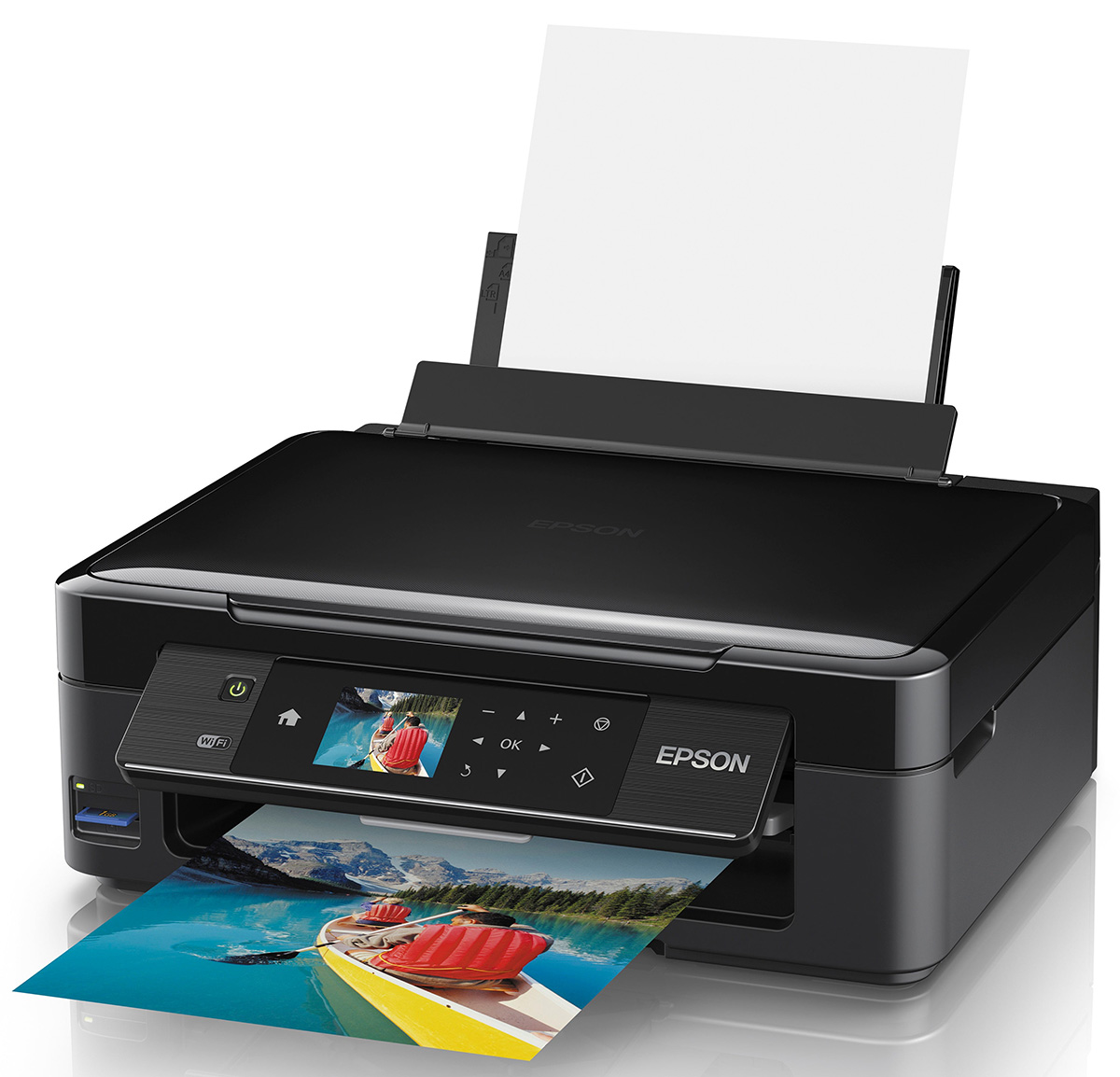
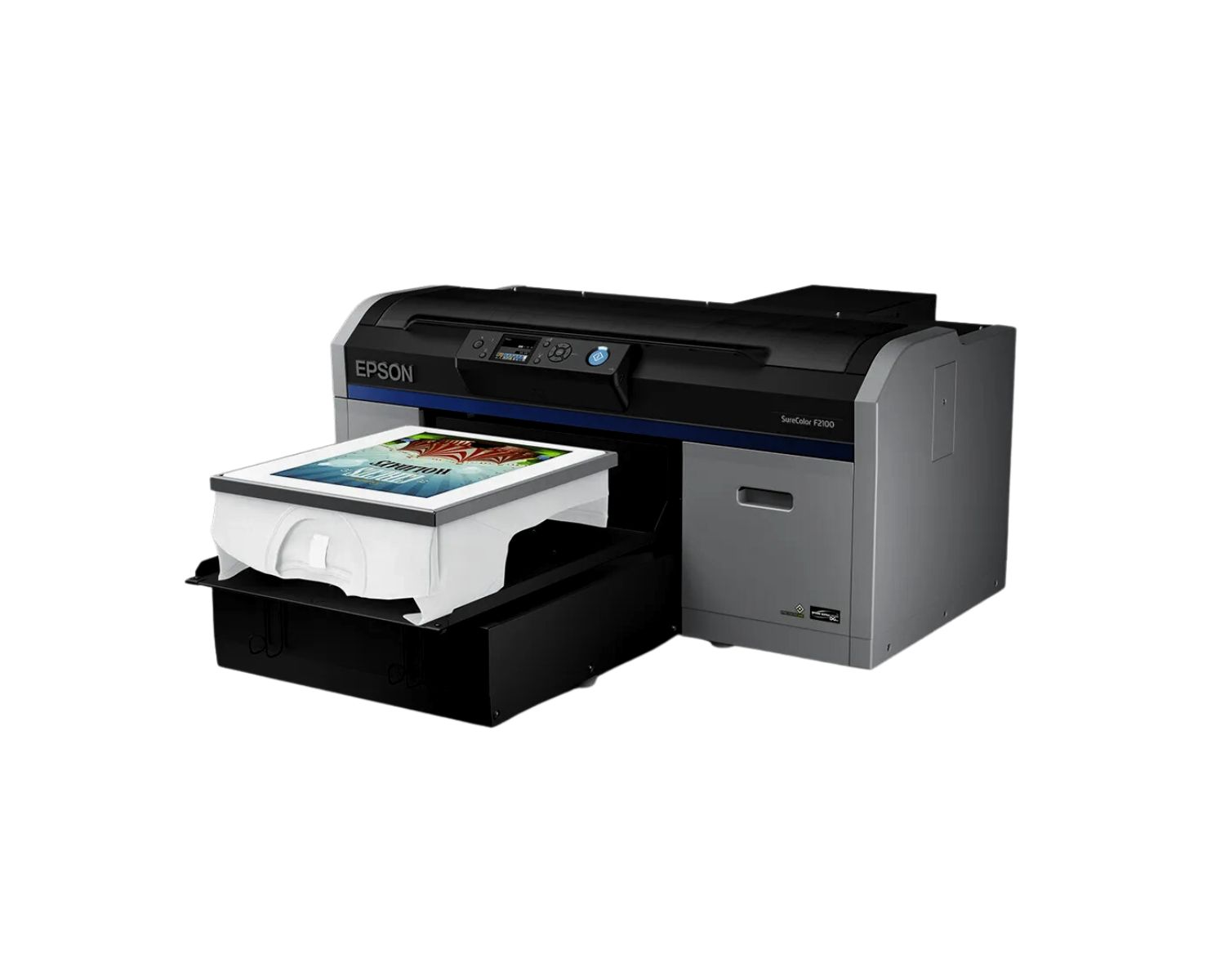
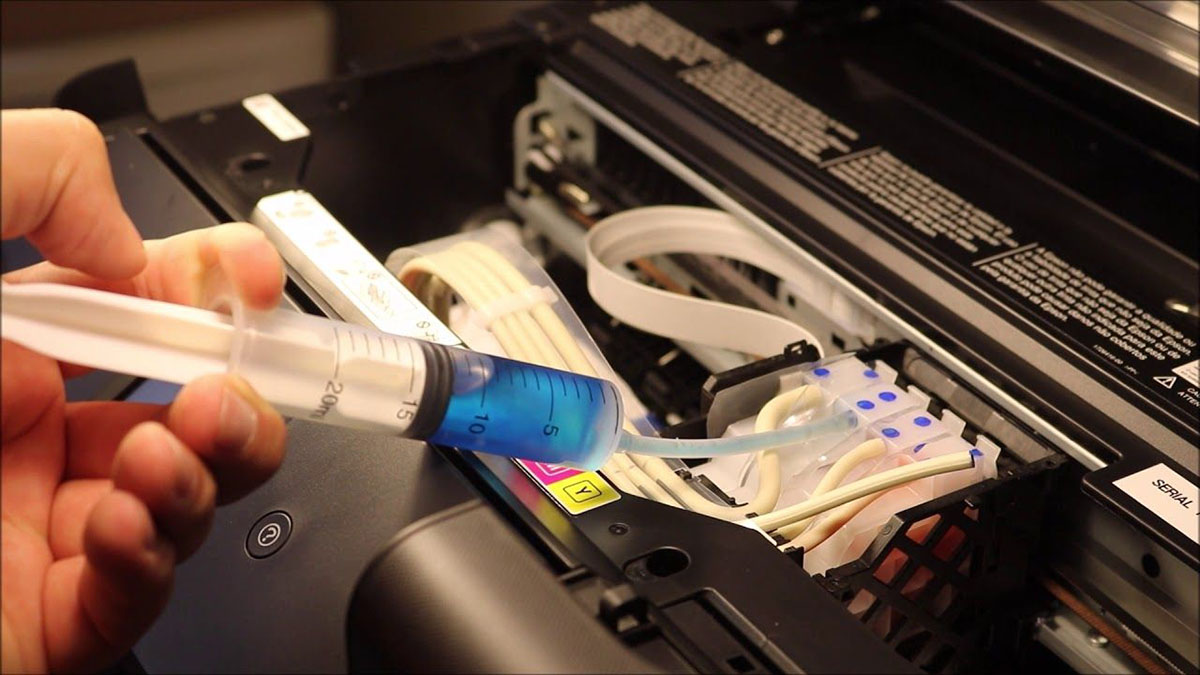
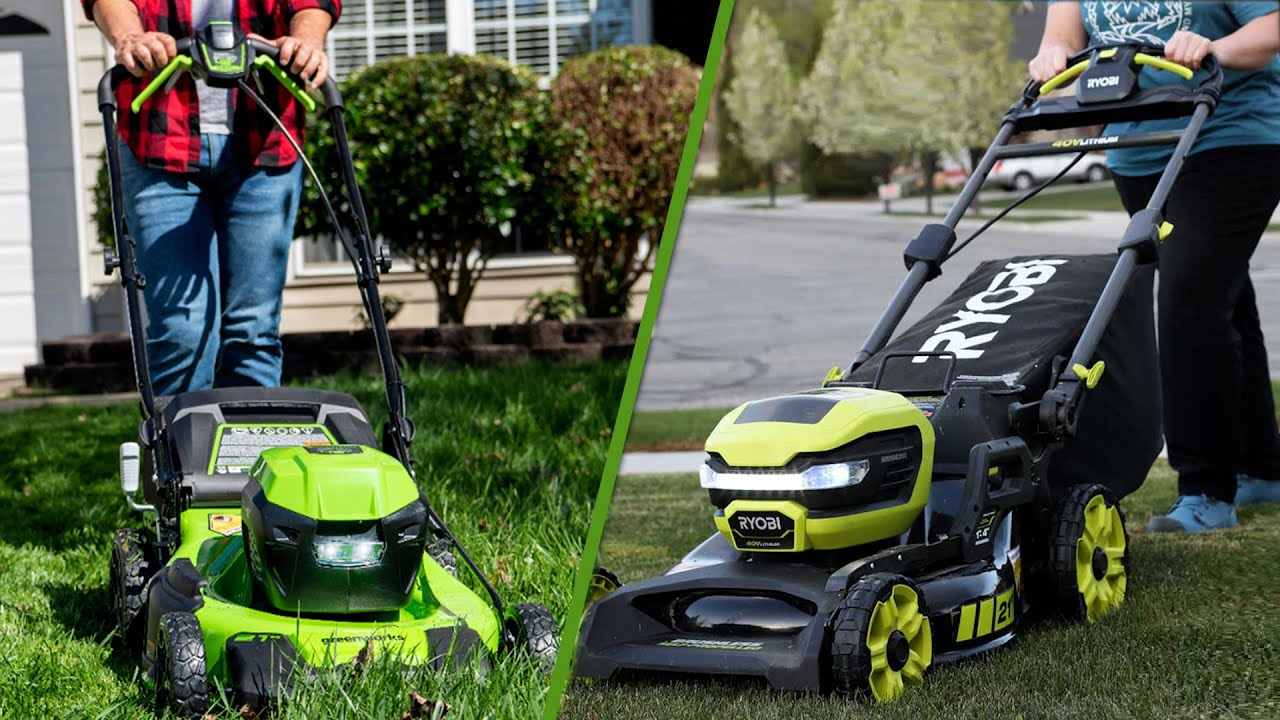


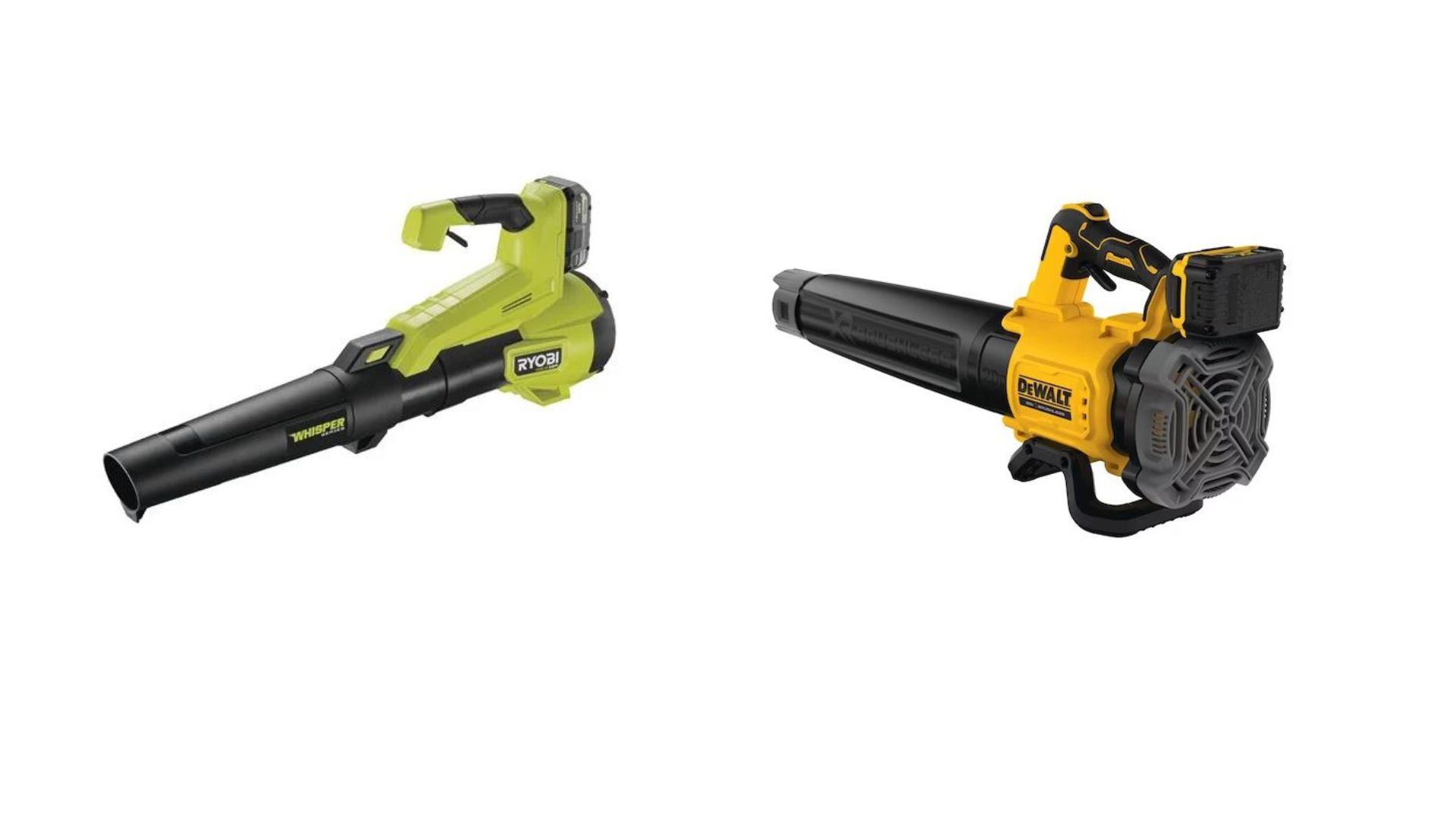
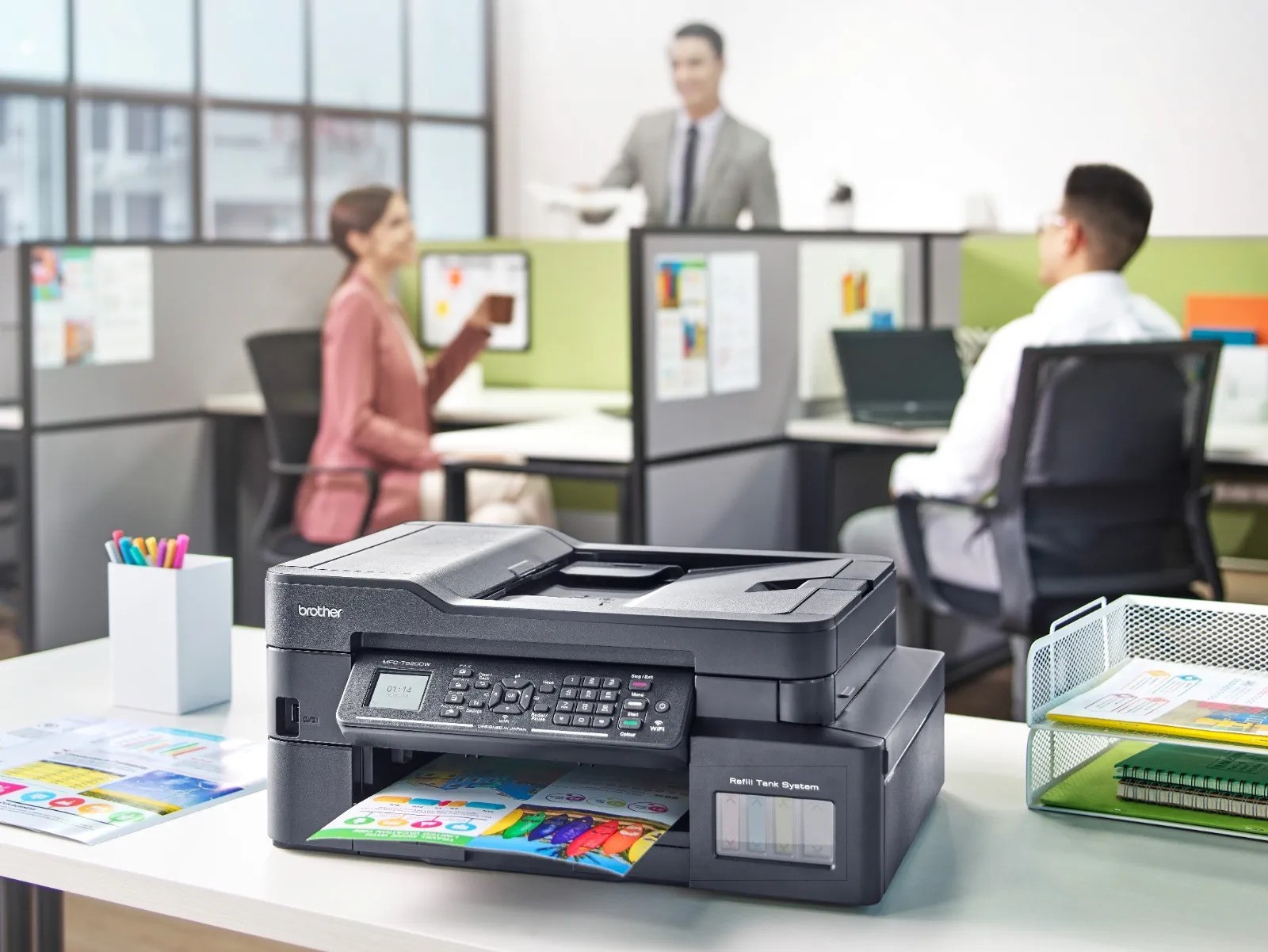
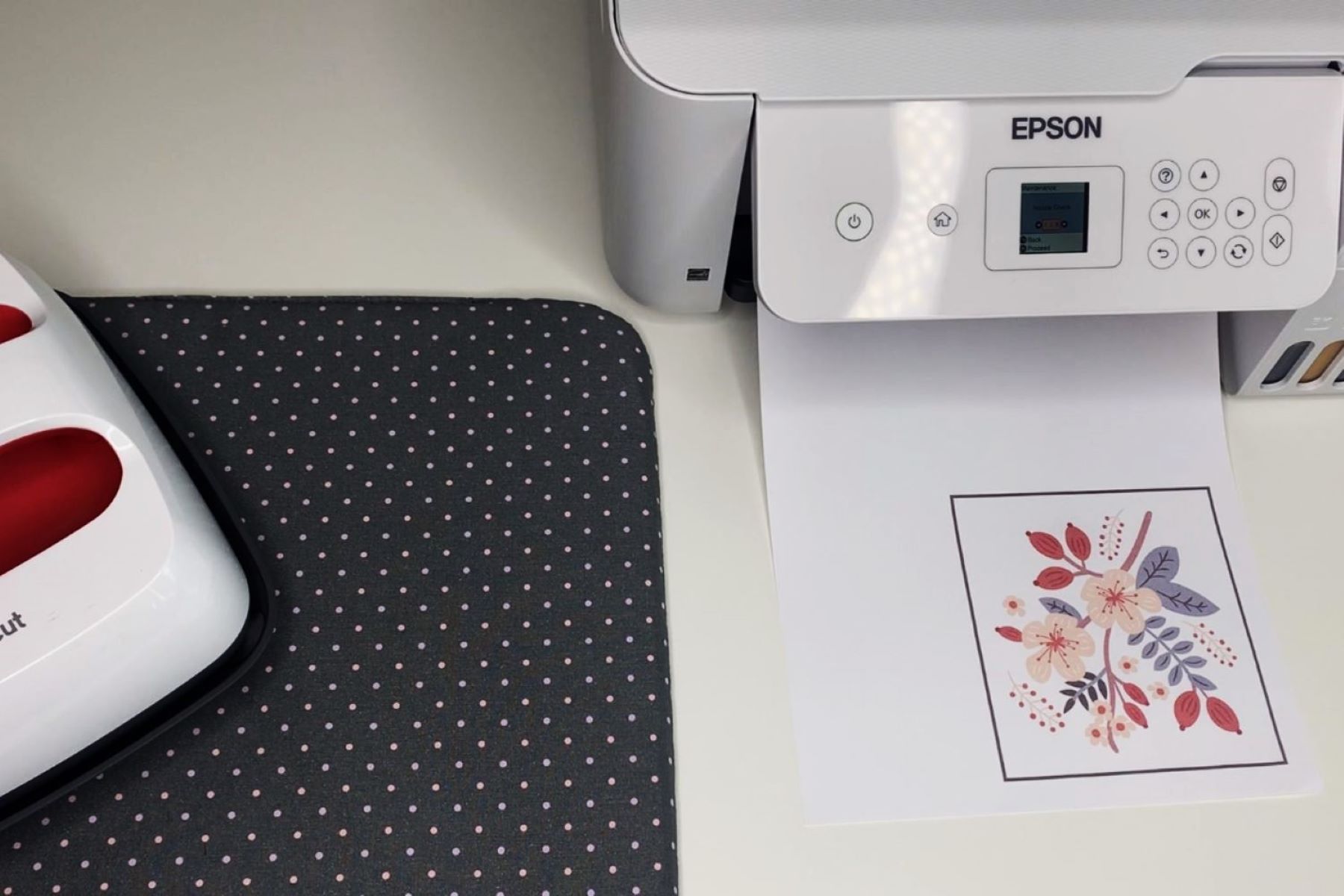
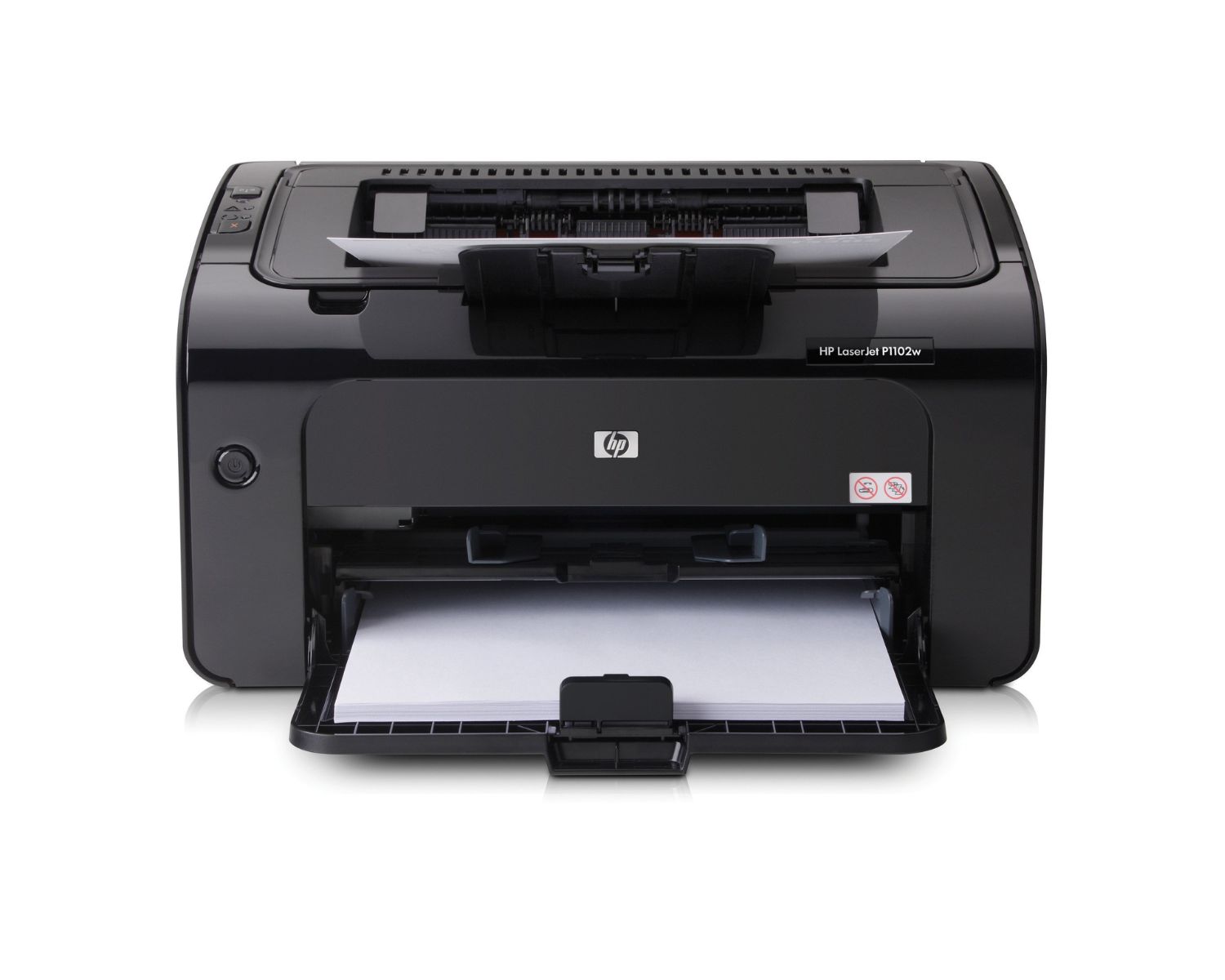
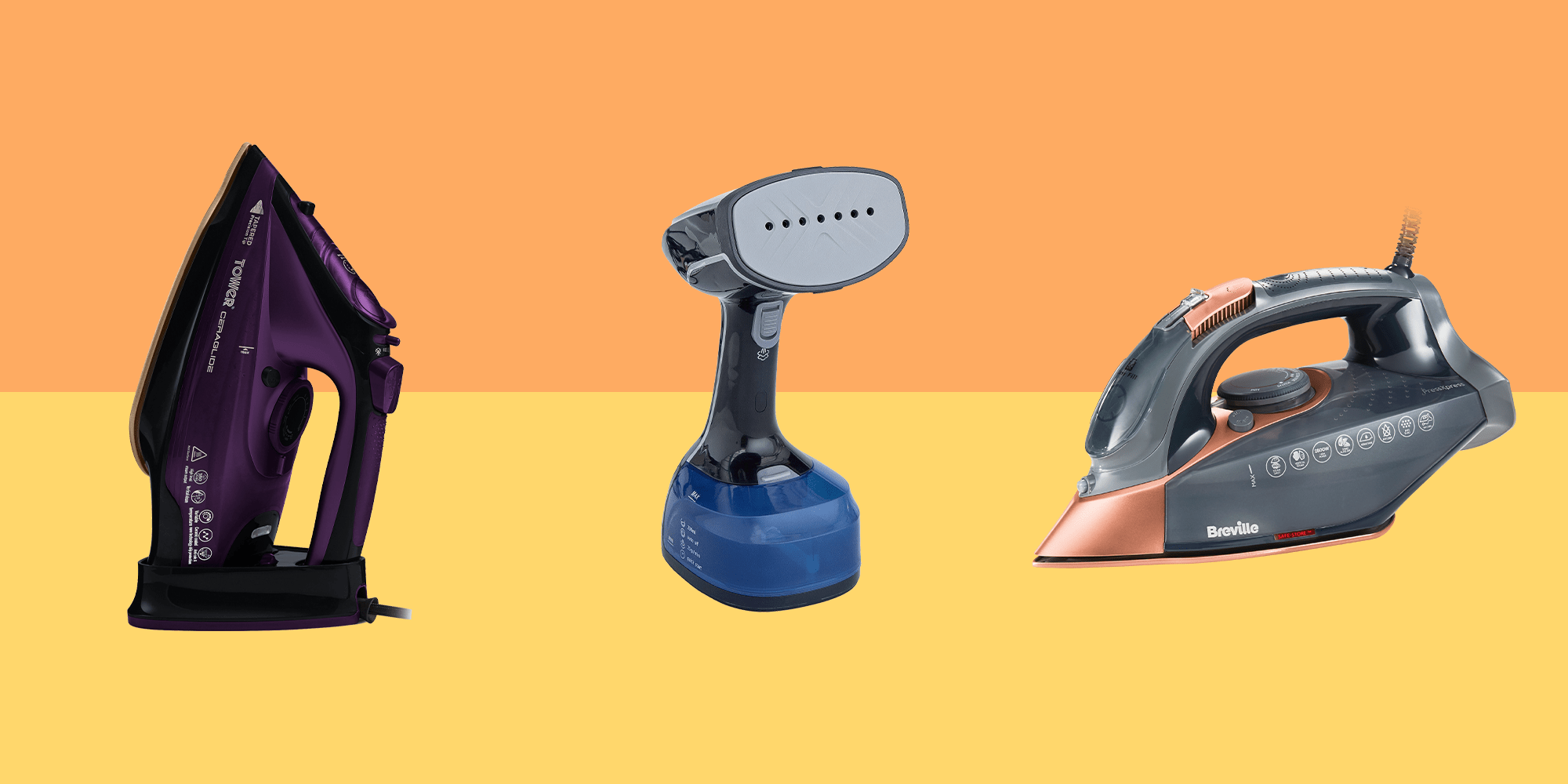
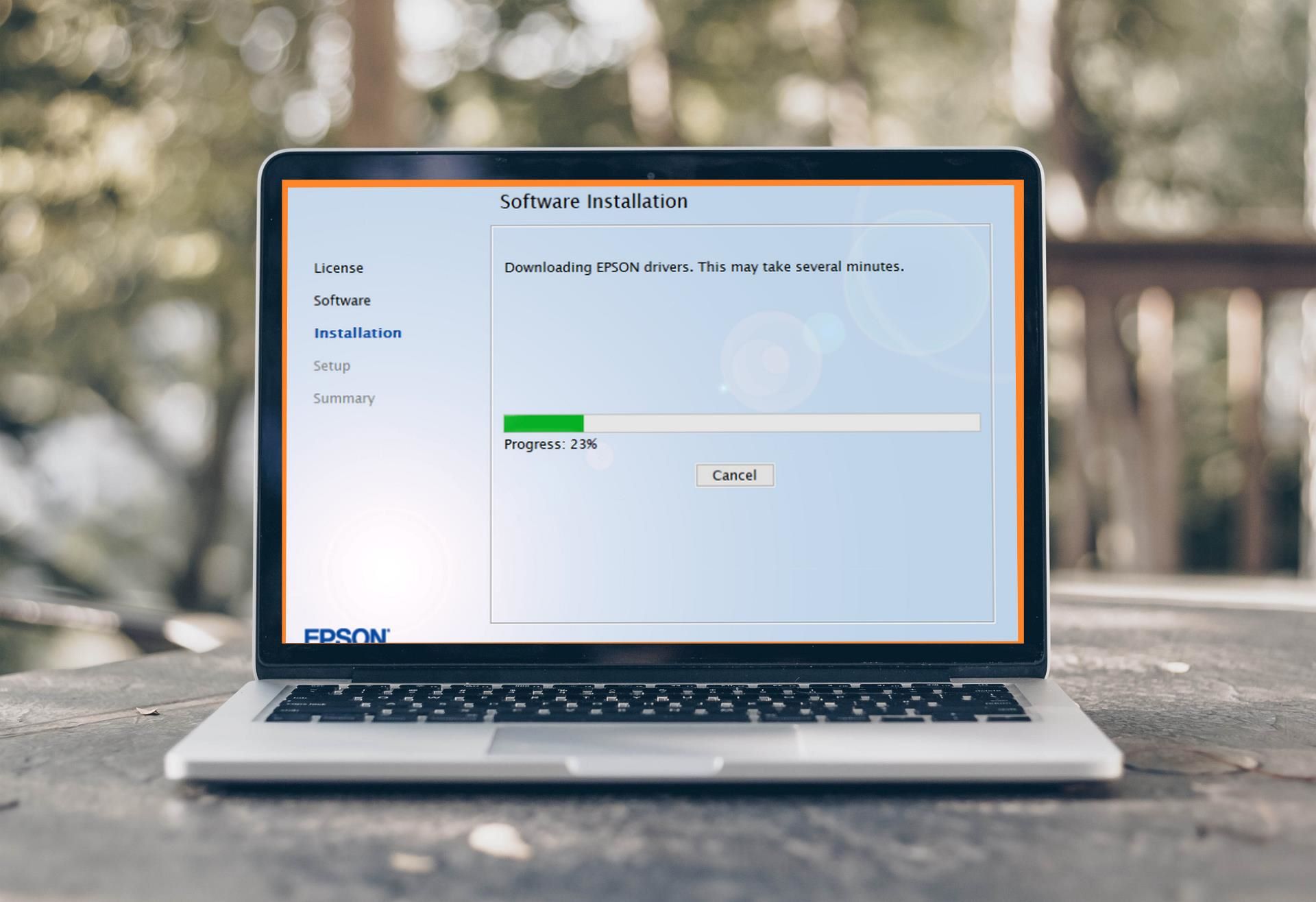

0 thoughts on “Which Is Better: HP Or Epson Printer”